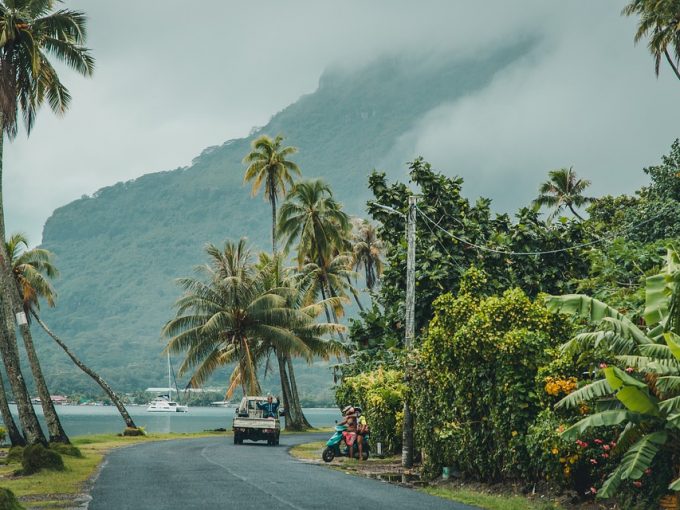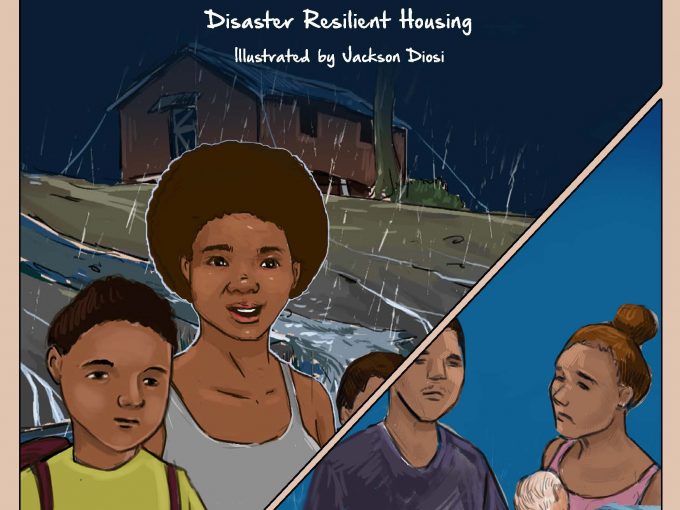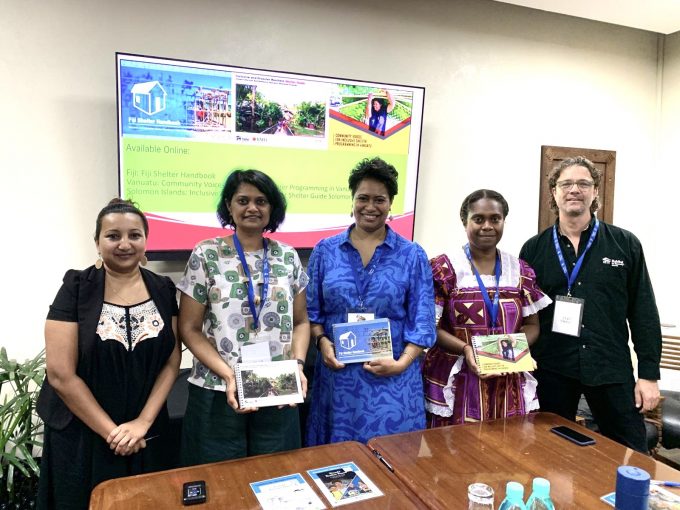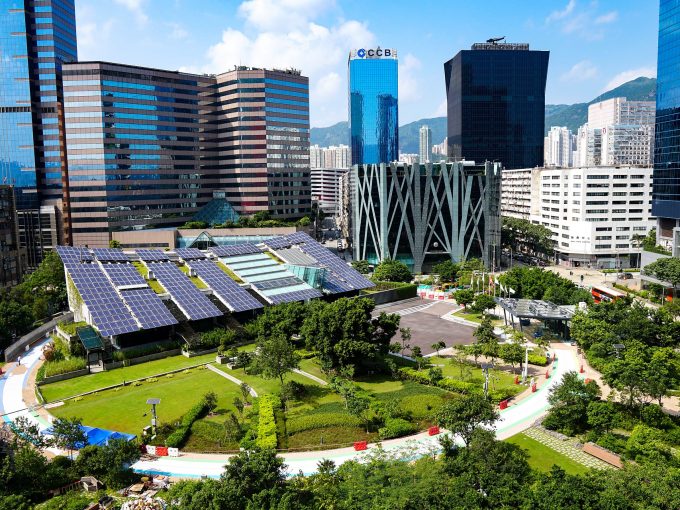This International Women’s Day calls for gender equity today, for a sustainable tomorrow. Researchers on the Climate Resilient Honiara project are seeking to contribute to just these issues, in a city struggling against the realities of rapid urbanisation and climate change.
The Climate Resilient Honiara project began in 2019, led by RMIT’s Prof. Darryn McEvoy, funded by UNFCCC Adaptation Fund and administered by UN Habitat, in consultation with the Solomon Islands Government and Honiara City Council.
Since 2019, the group has received grants and consultancies for other work related to climate adaptation in Honiara, including Habitat for Humanity and SPC (The Pacific Community).
As in many global communities, women bear the burden of unpaid and unacknowledged labour in the Solomon Islands, which increases substantially during crisis times, such as after a disaster or a global pandemic. At the centre of the UNFCCC project is a focus on vulnerable communities in the Solomon Islands’ capital Honiara, with emphasis on youths, women, girls, the elderly, and people with disabilities.
Among the various programs within the Honiara project, Dr Serene Ho is working on one that examines women’s gardening practices. As part of the SPC-funded project, “Scaling Up Ecosystem-Based Adaptation Action in Guadalcanal, Solomon Islands”, Dr Ho and others are exploring the impacts of climate change and urbanisation on women’s gardening practices, which is key to ensuring food security for residents of Honiara’s informal settlements.
With Covid-19 lockdowns, garden produce became more important than ever, providing both food and livelihoods for people in informal settlements. But with Honiara’s population expanding at double the rate of the rest of Honiara, bush gardens are being pushed further from homes, creating poorer access and less safe conditions for women.
One of the goals of the SPC project is to better understand urban communities’ reliance on home and bush gardens and to map their locations and related factors, including travel distance, access, and land tenure.
The project has highlighted the vital role of Honiaran women, with a series of videos produced for the project by local film maker and activist, Regina Lepping, capturing some of the gardening experiences of women in Honiara’s peri-urban informal settlements.
Another project, led by Dr Mittul Vahanvati and funded by Habitat for Humanity Fiji through the Australian Humanitarian Partnership’s Disaster Ready program, has led to a shelter guide focussed on the needs of people living in urban informal settlements.
The recently published guide, Inclusive and Disaster Resilient Shelter Guide, Urban Informal Settlements, Honiara, Solomon Islands, seeks to address some of the greatest problems of safe, hygienic and dignified homes , facing those living in urban informal settlements in Honiara.
The shelter guide provides practical tips for local community as well as shelter responders to both prepare for disasters and recover from them. The guide also provides important insights into the skills, knowledge and capacities, that exist within the communities and presents ways to harness and share these among both the community and responders.
Particular focus was given to the shelter needs of women and people with disabilities, which were often overlooked in the informality of urban environments.
Another issue in informal urban environments was the denser population. Dr Vahanvati pointed out, “When people move to the city from rural areas, they bring their behaviours and lifestyles with them. For example, in rural areas people can discretely go to the toilet among foliage and there is nearby running water. However, in the dense informal settlements of Honiara, there is no toilet or sanitation, which disproportionately affects women, who fear for their safety, having to walk far from home for toilets, and their dignity.”
Such issues of significance for women were considered in the shelter guide, with suggestions that shelter responders be trained to build toilets within houses.
The shelter guide, as well as the gardening project, both draw heavily on consultation with local women and other underrepresented groups, and Dr Ho and Dr Vahanvati both acknowledged the work of the local team in Honiara, particularly Josephine Taekeni of Vois Blong Mere, who led the workshops with women and people with disabilities.
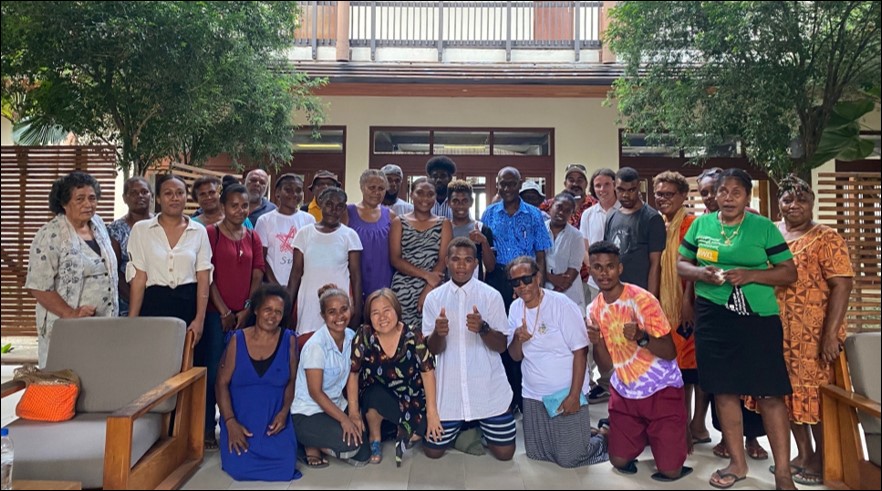
Story: Jenny Lucy
